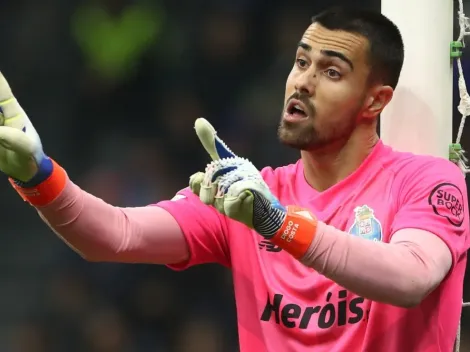When a referee in Portugal showed the first player ever to get a white card for misconduct on Saturday, January 21, it was a historic event in the sport of soccer. It was introduced in theQuarter-Finals match of a Portuguese women’s cup between arch-rivalsBenfica and Sporting.
At the time of the showing, Benfica had a commanding 3-0 lead against their rivals from the other side of town, and the home crowd at Estadio da Luz cheered.The Eagleseventually added two more goals on the scoresheet and advanced to the Semi-Finals.
Since the 1970 FIFA World Cup, yellow and red cards have been an established element of the game, and supporters have adapted accordingly. However, awhite card has a distinct connotation from a yellow or red card, which are both used to punish players and coaches for misbehavior during matches.
When does one get a “white card” and what does itsignify?
Due to its relatively new introduction to the sport, spectators had never seen a white card. The introduction of white cards is part of an effort by soccer authorities to reward and commend participating clubs for displaying excellent sportsmanship and fair play. The purpose of the white card is to raise moral standards in the sport.
The introduction of the white card is only one of numerous new rules and regulations in Portugal in an effort to promote fair play and enhance the general feel of the game. Additionally, lengthier stoppage periods and concussion replacements were included during the last World Cup in Qatar.
Medical professionals from both sides raced to rescue a supporter in the stands at the Estadio da Luzin Lisbon just before the 44th minute.
Players didn’t know what to expect as the referee Catarina Campos went into her pocket, but she made history by becoming the first official in a competitive game to pull out a card of any color other than red or yellow.
Interestingly, no player or coach from either club saw the white card in this instance, ascurrently, cards are only given out when undesirable conduct has occurred,but that might change in the future.The medical staff, however, were given a white cardfor their prompt response in helping a fainting fan in the stands.The stadium, however, erupted in cheers for Camposand the returning medical staff once they had attended to thespectator.





